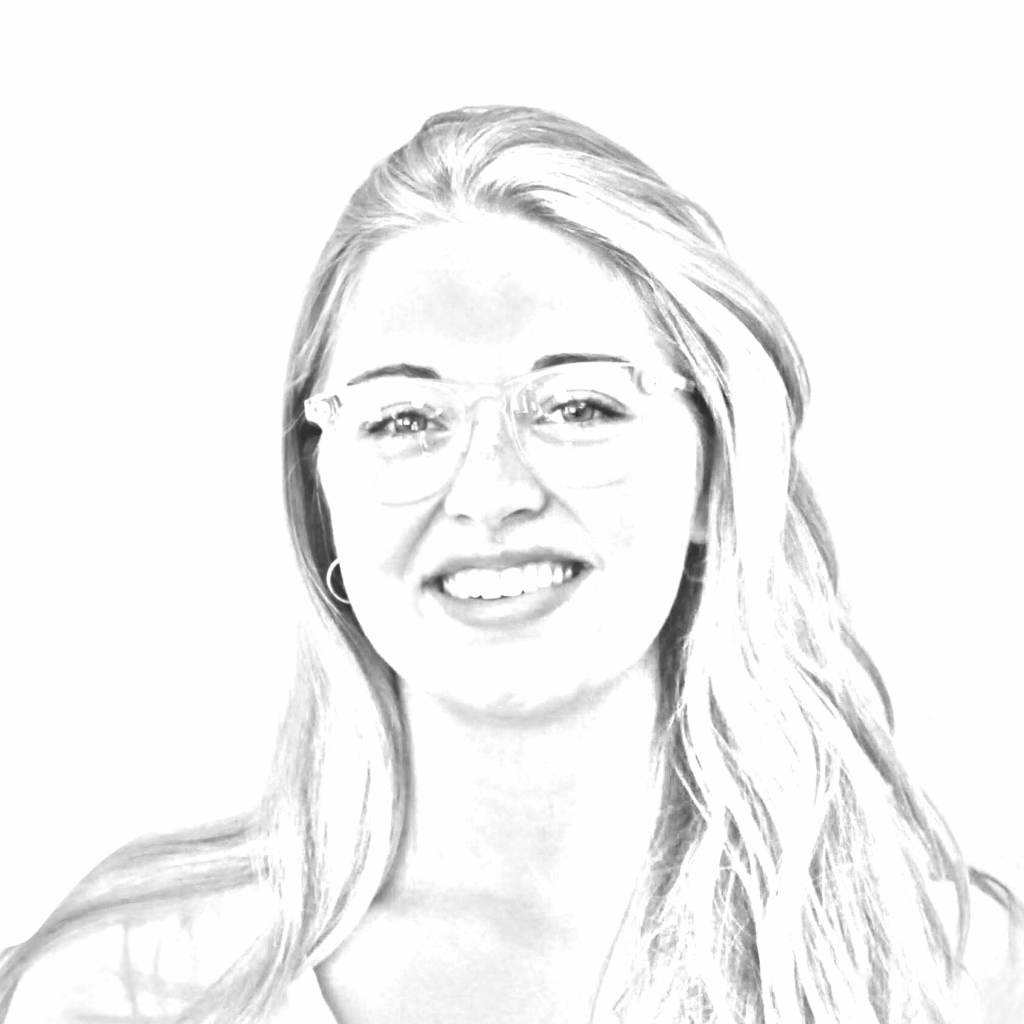In the United States, I am from New York City. In Copenhagen, this identity is secondary to being from “the States.”
As a student studying abroad, I have had to grow accustomed not only to being a conduit for U.S. ideas and realities, but also to being interrogated or berated about the various inequalities and injustices frequently associated with our country, particularly in comparison to Scandinavia — namely, our lack of universal healthcare, our education costs, our current president and our frequent instances of gun violence.
Being a representative of the United States has made me consider perceptions of our country that have caused me to suppress my instinct to blindly defend the country that I love. Rather, I have tried to stick with objective comparisons between the experiences of those in the United States versus those in Denmark.
Denmark is known as one of the happiest countries in the world. When I decided to study abroad here, I initially suspected I would begin thinking their system of doing things is far superior to the United States’. While I definitely admire several Danish norms, I have also unexpectedly found my time here to grant me a newfound appreciation for my home.
Denmark is a tiny, distinct country, with a population of under six million, its own currency and language, a state religion and little diversity. The population of Denmark is 86.9 percent ethnically Danish. Compared to the United States, Denmark is therefore a fairly homogenous country, where citizens are part of a small community accustomed to and supportive of its social structure.
Arguably the biggest differences in Denmark are their drastically different education system, their welfare system and the enormous middle class — all of which is facilitated by the approximately 50 percent income tax.
In Denmark, the community’s needs are prioritized over the individual’s: Having a highly-educated, well-cared for country is of utmost importance. Thus, elementary and secondary education are free and excellent — Denmark’s educational system is the tenth best in the world, according to The World Top 20 Project. Students get paid to attend university and are even encouraged to study subjects and enter fields that have spaces opening in the workforce, so the unemployment rate is around 4 percent and steadily declining.
Additionally, healthcare is free for children until they turn 18, at which point they only lose access to dental care. Danish residents — and even visitors — must only pay for healthcare that isn’t strictly medical like dentistry, psychologist visits and the chiropractor.
While this system certainly sounds utopian, after being here for two months I’ve started to consider the downsides of a supportive state, namely the absence of the scrappy, passionate motivation often seen in the United States.
Education in the United States — particularly university education — is expensive and oftentimes exclusive. While the increased price means that a smaller percentage of U.S. citizens receive diplomas than in Denmark, it also provides more of an incentive to study hard and enter the workforce quickly.
Higher education is rarely a casual next step, as it can often be in Denmark. Particularly in the field of medicine, which I have been exposed to in my coursework and field studies, I have realized the spirit of competition in the United States is a driver of innovation and motivates professionals to try to be the best. Having to continuously fight for success keeps people moving forward.
In the United States, there is an overwhelming sense that you can start anywhere and become anything — what we have defined as “the American Dream.” It’s unfortunately true that “anywhere” can be extreme poverty, which is unseen in Denmark, but the potential of “anything” is incredible.
I will openly acknowledge that the United States is in many ways a disaster: We are divided, contentious and combative. Yet, being here in Denmark has made me newly appreciate what that means: We are also passionate, diverse and unafraid to cultivate and express our own beliefs.
I frequently have to respond to claims that the United States doesn’t care about the health or education of our country, that our president is frightening and that our politics are laughable. Sometimes I cede to certain points, but I increasingly defend the things that make our country great.
While I am personally in favor of Denmark’s strict gun laws and permissive abortion legislation, I am also appreciative of the diversity of experience that causes others to disagree with me. I love this small, beautiful country and the way it has created widespread social equality and maintained a strong national identity — but I am also grateful to call the United States my home.



